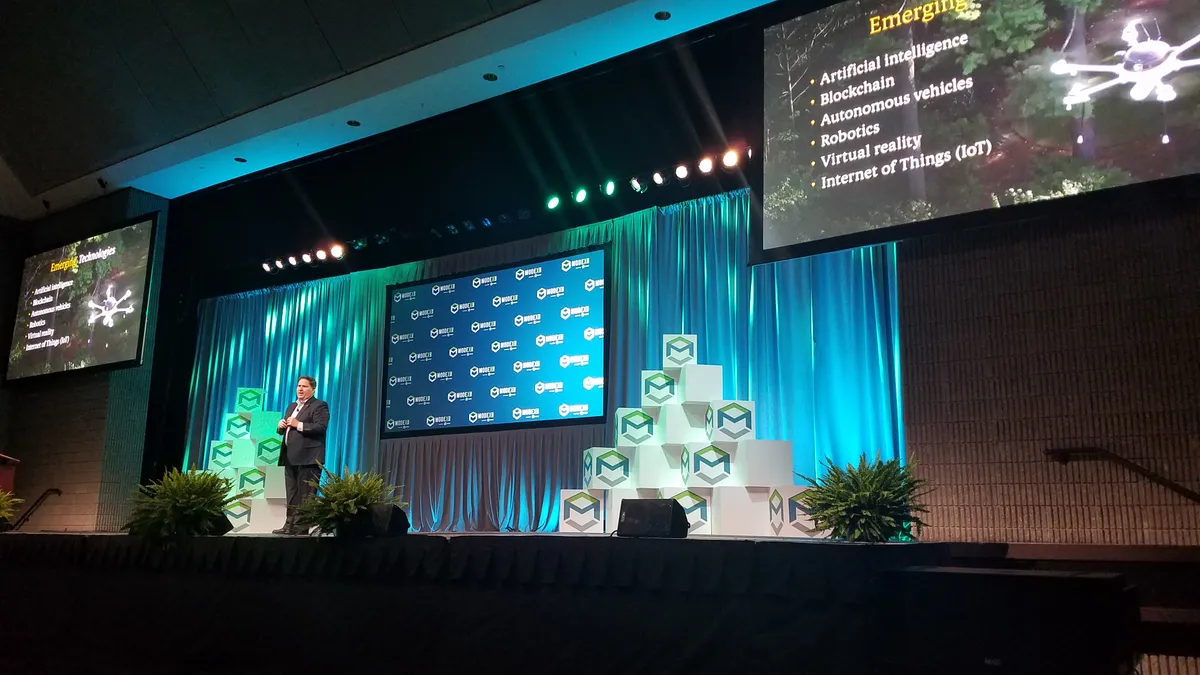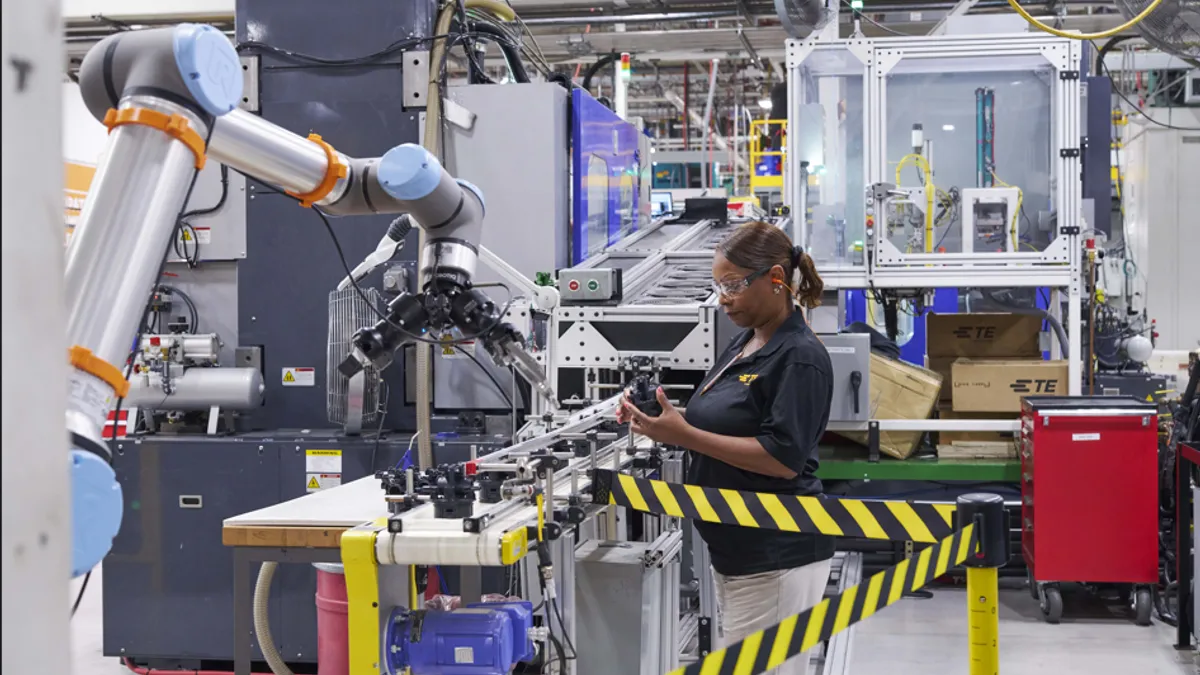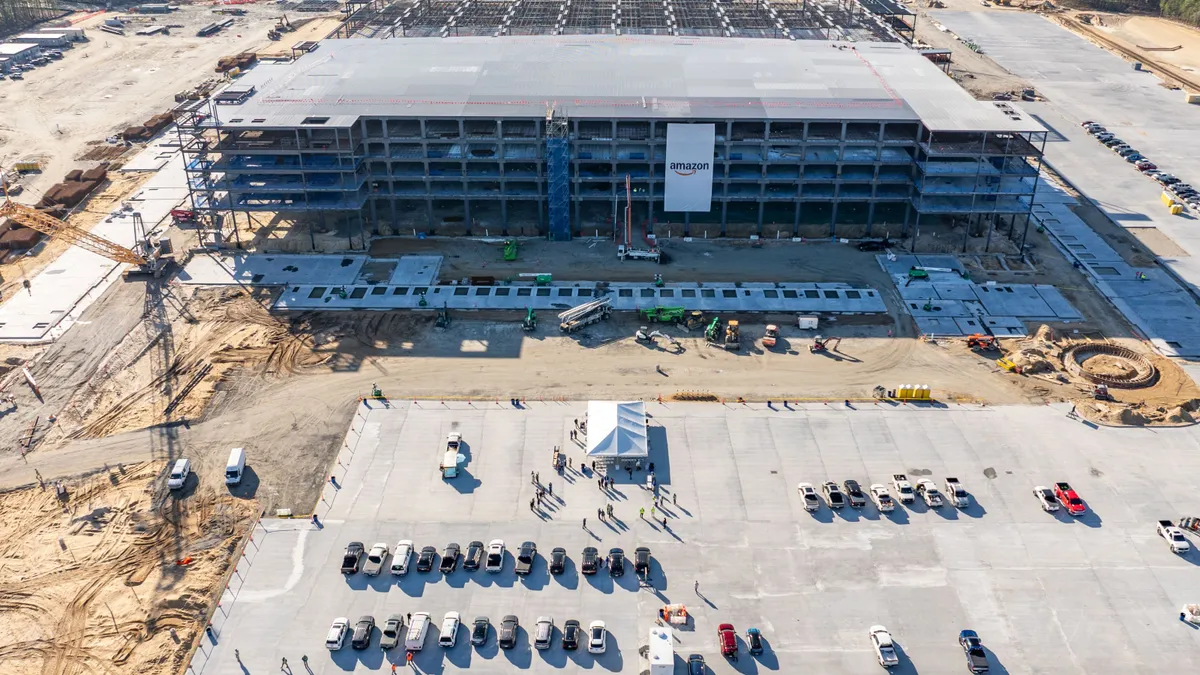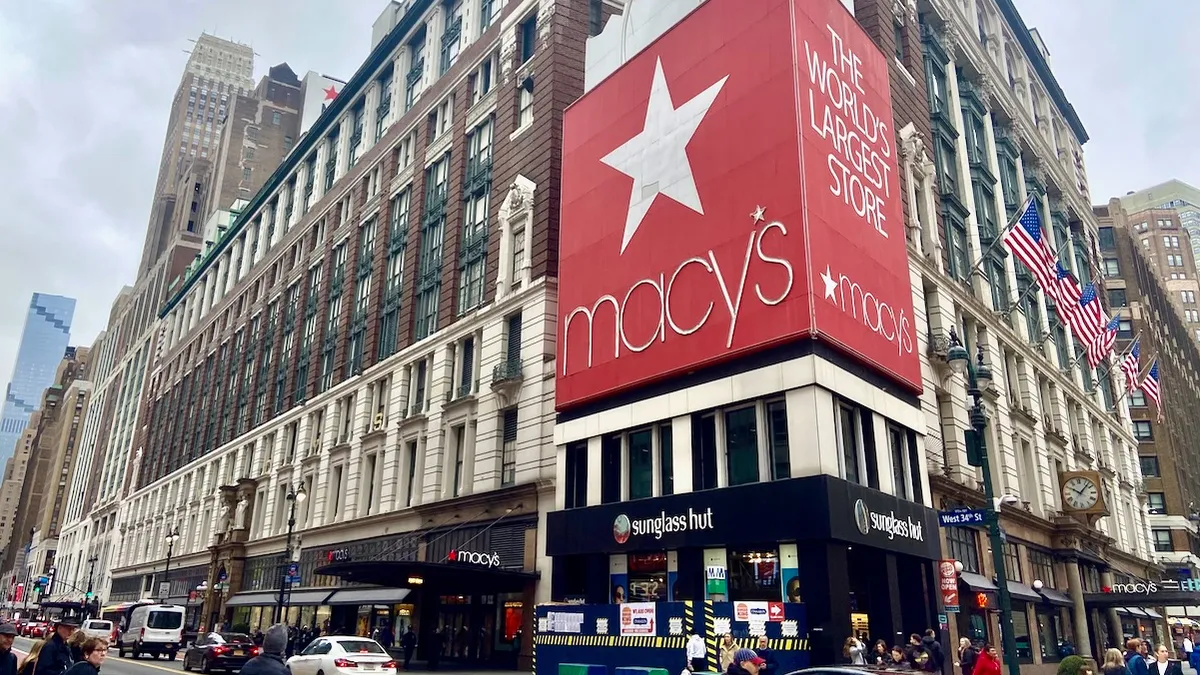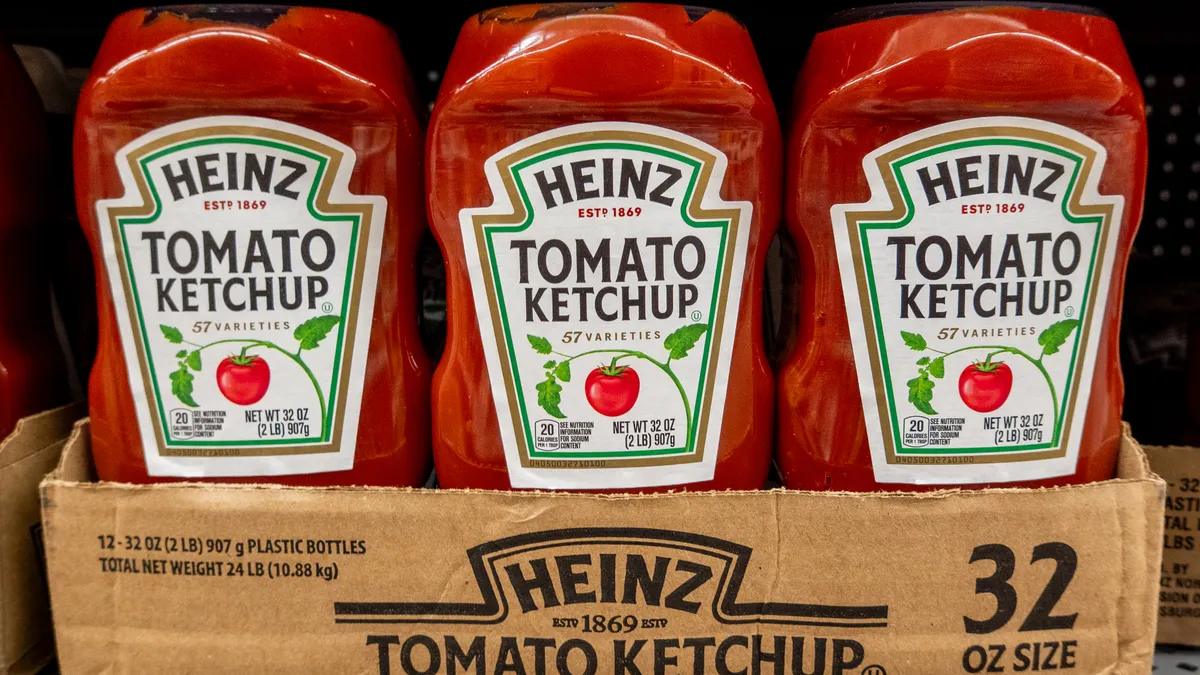Technology has advanced so rapidly in the past decade, the nature of supply chain management is shifting, too.
If companies want to stay relevant today, they must transform their culture, disrupt themselves and embrace innovation, Juan Perez, UPS’ CIO told an audience of materials handling, logistics and supply chain professionals at MODEX 2018.
With 54,000 employees in 220 countries, the world knows UPS for its brown trucks and friendly drivers. “But UPS, today, more than ever before, has become truly a technology company,” he said. “And I would make the argument that each and every one of you, you work in a technology company.”
As MODEX 2018 brings together solutions providers — from warehouse systems to autonomous vehicles and barcode scanners — it was the perfect audience for Perez’s message, which focused on building a culture that embraces technology and innovation.
“If a company like UPS, which has been around for so long, needs to continue to disrupt itself,” he posited to the audience, “how are you, in your own company, in your own roles, disrupting yourselves?”
How to engineer a self-disruptive company
Perez was especially equipped to sell such a message to an audience focused on materials handling.
“His career has covered assignments in operations, industrial engineering, process management and technology,” said Matt Markham, director of the Georgia Center of Innovation for Logistics, to introduce him. “Juan has also been a driving force into UPS’ evolution into advanced analytics.”
But it wasn't just his credentials that resonated with the audience. It was the way that, as an engineer, he broke down innovation to a series of elements that could be tapped by any company.
The key is to constantly be thinking about how we disrupt ourselves.

Juan Perez
CIO, UPS
“Their core strategy is really aligned directly with their workforce, their people, in their company and it was great to see how they’re pushing innovation down inside the organization, not just doing everything at the headquarters,” Robert Reddick, co-founder of workforce management software firm GateStaff, told Supply Chain Dive.
It comes down to culture, structure and people, he said:
- Culture — Technology companies such as Google and Amazon each have an innovation-focused philosophy they follow. For Google, it’s spending your time thinking of the future. For Amazon, it’s always being a startup, or that “day one mentality.” For UPS, Perez said, it’s about being “constructively dissatisfied” with the present.
- Structure — Perez offered on of his “favorite equations” as a guide post to structured innovation. “Data + Technology + Innovative engineering provides great results,” he said. “We have seen that at UPS over and over again.”
- People — The best ideas often do not come from the top, so companies must make an effort to “free your geniuses,” he said. “Create mechanisms for them to share their ideas and their thoughts.”
“Just the way their innovation structure is, it is phenomenal,” Cornelius Rouse, processing manager at Synchrony Financial, told Supply Chain Dive. “You really cannot be complacent or stagnant with where you are, you just have to keep evolving and keep moving forward.”
“I just thought that that’s important not only for business, but also for my personal growth,” Rouse added.
The UPS example
Throughout the speech, Perez provided various specific examples of how UPS is adopting new technology, consistently.
In naming him 2017 Executive of the Year, CIO Dive highlighted the various way Perez and UPS are using technology for operational excellence through an interactive graphic, below.
The various initiatives were exciting for the audience, many of which were both industry observers and UPS partners.
Interactive Graphic
UPS's far-reaching technology initiatives
Hover over a circle to learn more about each element.
Click on an icon to learn more
“We actually work with UPS,” Stephanie Davis Neill, senior operations leader at eShop World, told Supply Chain Dive. “I’m really excited about some of the technology that they’re going into, particularly what he was talking about with handhelds — because our shoppers want to know where their package is, in the moment.”
However, Stella King, vice president of sales and drone marketing at Fortress Solutions, thought Perez could have gone even more into detail on the new technology they were pursuing.
The keynote speaker only mentioned emerging technologies, such as drones delivering packages off delivery vans, blockchain and artificial intelligence, in passing. Often, he was teasing future product developments, rather than their expected impact.
“I am actually a little bit disappointed that he’s not showing how these new technologies will affect his distribution center, for example,” King told Supply Chain Dive. “What he is saying is very basic, I agree with him, with all the points that he’s talking about, but it doesn't really have the zest.”
I would make the argument that if we approached innovation, creativity, disruption the same way we were doing it 15 years ago, it's very likely UPS would be out of business.

Juan Perez
CIO, UPS
Still, the fact Perez so openly spoke about the Fourth Industrial Revolution as a reality and not a future concern set the stage for MODEX 2018 for Reddick, at least.
“It’s important for everybody to treat it as it is happening, and we can talk about it as an industry,” he said.
“The future continues to change, and for us, stopping at what we define as a strategy from a technology and engineering perspective, today, would be foolish,” Perez said.
Innovation may be messy, but as supply chain executives seek to “bridge the physical and virtual world,” it will be necessary to create new value, enable new global capabilities, and increase operational efficiency.
“We need to continue to disrupt ourselves to remain competitive,” he said. “If we don’t … who will?”



